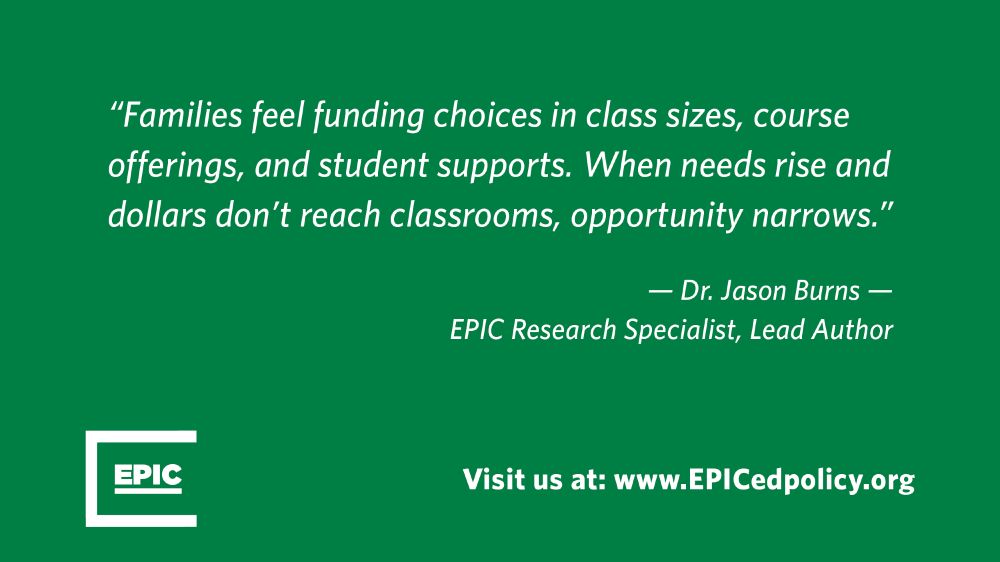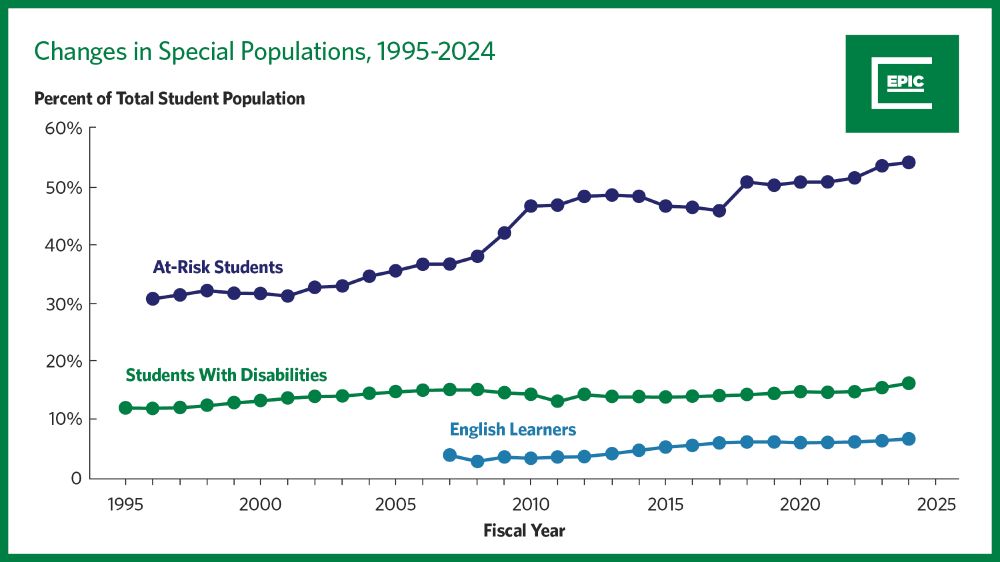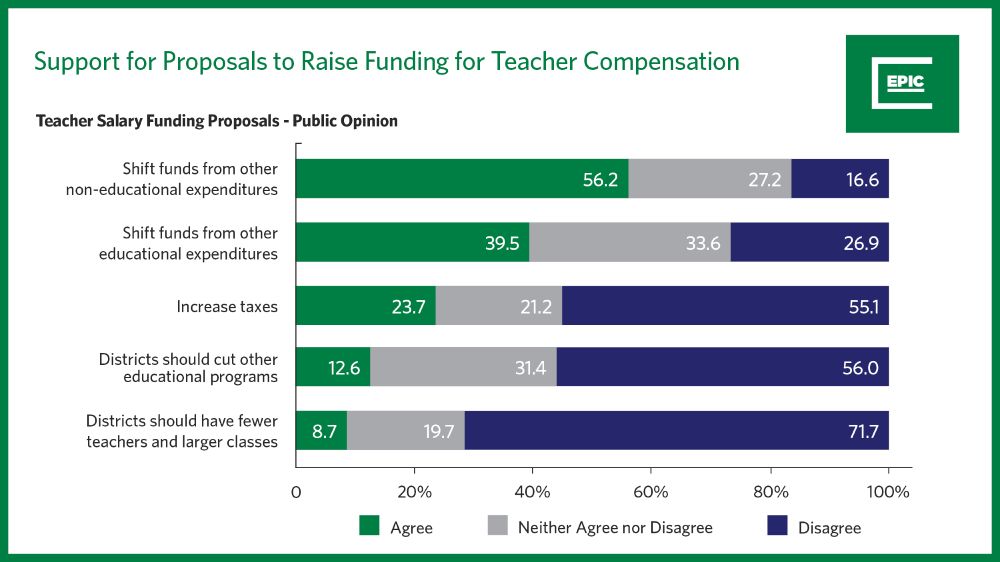EPIC
@epicedpolicy.bsky.social
44 followers
13 following
36 posts
The Education Policy Innovation Collaborative at Michigan State University produces "research with consequence." RT≠endorsement
Posts
Media
Videos
Starter Packs
EPIC
@epicedpolicy.bsky.social
· Aug 7

Education Policy Innovation Collaborative | Teacher Compensation: Recent Trends and Public Opinion, 2025 Update | EPIC Reports
Education Policy Innovation Collaborative, a research center devoted to rigorous evidence about education policy. Producing research with consequence
bit.ly
EPIC
@epicedpolicy.bsky.social
· Aug 7
EPIC
@epicedpolicy.bsky.social
· Aug 7

Education Policy Innovation Collaborative | Teacher Compensation: Recent Trends and Public Opinion, 2025 Update | EPIC Reports
Education Policy Innovation Collaborative, a research center devoted to rigorous evidence about education policy. Producing research with consequence
bit.ly
EPIC
@epicedpolicy.bsky.social
· Jul 23

Education Policy Innovation Collaborative | Grow Your Own Teacher Initiatives in Michigan At-A-Glance | Other Publications - Teacher Workforce
Education Policy Innovation Collaborative, a research center devoted to rigorous evidence about education policy. Producing research with consequence
bit.ly
EPIC
@epicedpolicy.bsky.social
· Jul 23
EPIC
@epicedpolicy.bsky.social
· Jul 23
EPIC
@epicedpolicy.bsky.social
· Jul 23

Education Policy Innovation Collaborative | Grow Your Own Teacher Initiatives in Michigan At-A-Glance | Other Publications - Teacher Workforce
Education Policy Innovation Collaborative, a research center devoted to rigorous evidence about education policy. Producing research with consequence
epicedpolicy.org
EPIC
@epicedpolicy.bsky.social
· Jan 24
EPIC
@epicedpolicy.bsky.social
· Jan 24


















